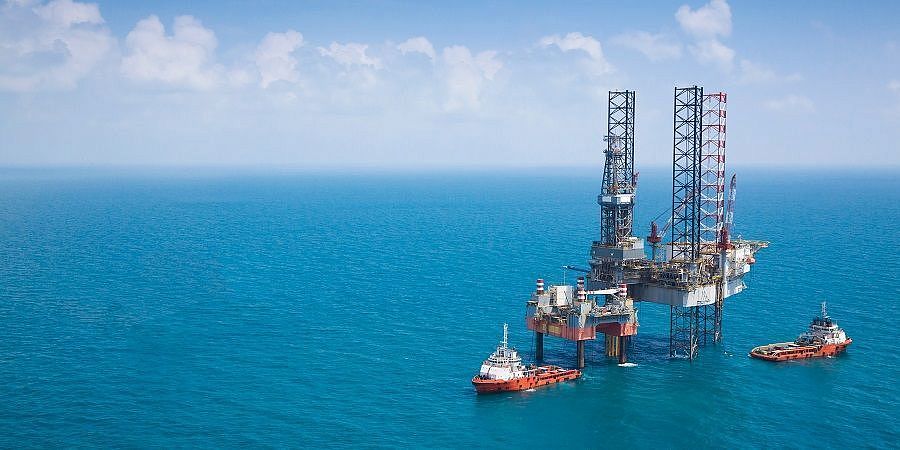This influx has overshadowed concerns surrounding the reverse flow from Germany to Poland on the Yamal-Europe pipeline for what is now the 3rd week in a row.
In other bearish news for gas prices, the pace of withdrawals from storage has slowed considerably and is now at only 2.8% week on week.
Increased wind generation from Germany and the UK in the coming days may also weigh on gas-fired power generation.
However, prices are finding support from storage levels languishing at 53% of capacity and the steep drop in flows from Russia at Valke Kapusany to a fraction of levels seen in early December.
Geopolitical tensions between Russia and Ukraine are an ever-present storm cloud over Nord Stream 2, a factor that may set the scene for continued weak flows from Russia to Western Europe throughout the 1st half of the year.
Temperatures in many regions of the country are expected to rise in the coming weeks, notwithstanding parts of the North and East which may experience even colder weather, supporting prices due to increased demand for heating.
We expect storage levels to end this week at 2.9 TCF, around 4% higher than the 5-year average, a factor that may at least partially alleviate supply concerns in the event of any unexpected deep freeze events in the immediate future.
Activity in Asian markets remains tepid on the back of largely normal and above normal temperature forecasts and brimming LNG inventories.
The ongoing political strife in Kazakhstan briefly held the attention of Chinese markets, but so far there have been no direct impacts on Kazakhstan’s gas exports.
However, the incident may have influenced neighboring markets, with Uzbekistan halting gas exports to ensure domestic supply security.
We expect limited near-term impact, although the long-term implications would need to be assessed based on how long the export ban is in place and whether other Central Asian countries follow suit.
Coal supply concerns from Indonesia also appear to be easing, with the energy ministry signaling an end to the monthlong ban imposed on January 1 and a gradual resumption of exports.
Limited buying activity in Asia may also cap any potential upward price pressure in the European markets.








